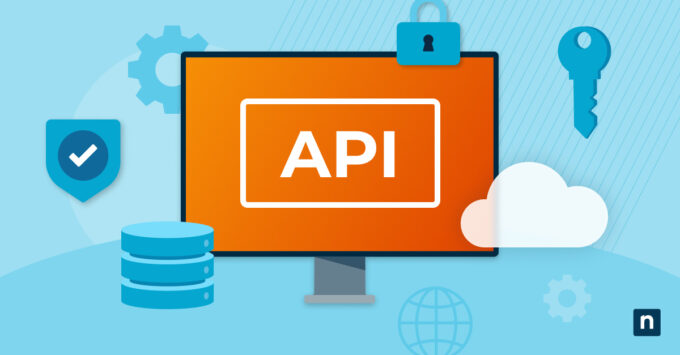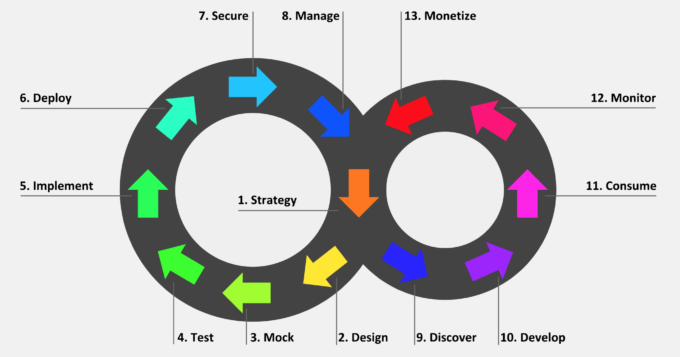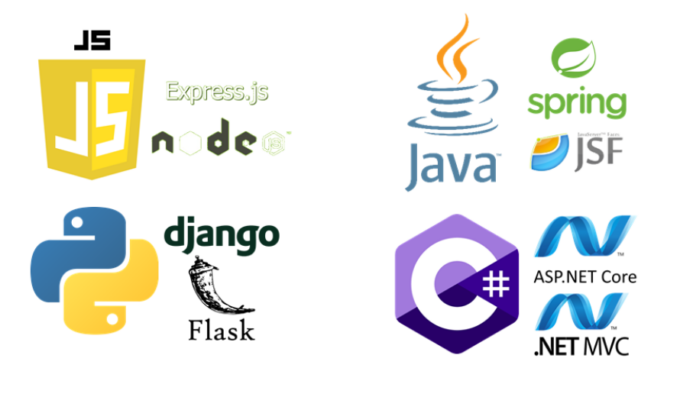APIs are everywhere, and they are essential for the seamless interaction between different software components. They create and maintain these interfaces, enabling different systems to work together. Without skilled API developers, your app’s ability to communicate with other services would be severely limited.
In short, they play a key role in creating the connected experiences users expect today, which is why you should consider the following skills when you decide to hire API developers.
1. Strong Understanding of RESTful and SOAP Web Services
APIs primarily come in two flavors: REST (Representational State Transfer) and SOAP (Simple Object Access Protocol). While RESTful APIs are more common, understanding SOAP is still valuable, especially when dealing with legacy systems.
Developers should be well-versed in REST principles, including statelessness, resource identification through URLs, and the use of HTTP methods like GET, POST, PUT, and DELETE.
Although older, SOAP is still in use in many enterprise environments. A solid grasp of SOAP, WSDL (Web Services Description Language), and XML is essential for working with these APIs.
When interviewing, ensure candidates can explain these concepts clearly and discuss when to use REST vs. SOAP.
2. Proficiency in API Security Best Practices

Source: ninjaone.com
API security is paramount. With data breaches becoming more frequent and sophisticated, an developer must know how to secure an API against common threats.
- Authentication and Authorization: Look for experience with OAuth2, JWT (JSON Web Tokens), and other authentication mechanisms. A good API developer should be able to implement secure token-based authentication.
- Rate Limiting and Throttling: These are essential for preventing abuse and ensuring the API remains performant. Ask candidates how they would implement rate limiting to protect an API.
- Data Validation and Sanitization: A developer must understand how to validate and sanitize inputs to prevent injection attacks, like SQL injection or cross-site scripting (XSS).
Ask about past experiences where they had to secure an API or deal with a security breach.
3. Experience with Documentation and Tools
Good documentation is key to making an API easy to use. API developers should not only write clean code but also document it clearly.
- Swagger/OpenAPI: These tools help create comprehensive, user-friendly API documentation. Candidates should be familiar with these tools and able to generate and maintain documentation.
- Postman: This tool is popular for testing APIs. A skilled developer should be able to create test cases in Postman and automate testing to ensure reliability.
Consider asking candidates to show examples of their past API documentation or discuss how they approach documenting it.
4. Knowledge of Versioning and Lifecycle Management

Source: developers.redhat.com
APIs evolve over time, and developers must manage these changes without disrupting existing services.
Look for experience with versioning strategies like URL versioning or using headers. Developers should be able to explain how they handle breaking changes.
A good API developer knows how to phase out old versions without affecting current users. They should be able to discuss how they communicate deprecations to users.
During the interview, discuss scenarios where they had to version an API or manage its lifecycle.
5. Understanding of Microservices Architecture
APIs are often used within microservices architectures, where services are loosely coupled and communicate over a network.
- Service-Oriented Architecture (SOA): While similar to microservices, SOA is often more heavyweight. Developers should understand the differences and be able to explain when one might be preferable over the other.
- Inter-Service Communication: Candidates should know how APIs are used to enable communication between microservices and how to manage these interactions effectively.
Ask about their experience with microservices and how they’ve used APIs to connect different services.
6. Proficiency in Backend Languages and Frameworks

Source: simplilearn.com
API development is closely tied to backend development. A strong developer should be proficient in at least one backend language.
Java, Python, Node.js, Ruby, and C# are commonly used for API development. The right candidate should be comfortable in one or more of these languages.
Look for experience with frameworks like Express.js (Node.js), Flask (Python), Spring Boot (Java), or ASP.NET (C#), which simplify development.
Test their knowledge by asking them to walk through a basic API setup using their preferred language and framework.
7. Experience with Cloud Platforms and API Gateways
Many APIs are deployed in the cloud, and experience with cloud platforms can be a big plus.
- Cloud Services: AWS, Google Cloud, and Azure offer a range of tools for deploying and managing APIs. A good developer should be familiar with cloud deployment, monitoring, and scaling.
- API Gateways: Tools like AWS API Gateway or Kong are essential for managing APIs at scale. They offer features like load balancing, logging, and security, which are critical in production environments.
Discuss their experience with deploying APIs in the cloud and how they’ve used API gateways to manage traffic and security.
Conclusion
Hiring an API developer isn’t just about finding someone who can write code. It’s about finding a professional who understands the full scope of API development—from design to security to collaboration.



